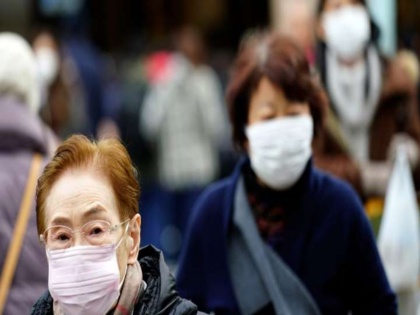What exactly is Coronavirus?
By Lokmat English Desk | Published: January 20, 2020 12:27 PM2020-01-20T12:27:32+5:302020-01-20T12:33:18+5:30
China reported its third death caused by the new coronavirus and the disease is slowly spreading to other parts ...

What exactly is Coronavirus?
China reported its third death caused by the new coronavirus and the disease is slowly spreading to other parts of the country including Beijing. The virus usually cause mild to moderate upper-respiratory tract illnesses such as cold and cough. However, it can also affect the lower-respiratory tract, causing pneumonia or bronchitis. This year, a Chinese national travelling in Thailand was the first confirmed case of coronavirus infection outside China. It is also said that the disease is linked to a large seafood and animal market that is animal to person spread. Some patients even had no exposure to the animal market, therefore it is suggested that some limited person to person spread may be occuring.
What is Coronavirus?
Coronaviruses are species of virus belonging to the subfamily Coronavirinae. A coronavirus is a kind of common virus that causes an infection in your nose or upper throat. Coronaviruses are enveloped viruses with a positive-sense single-stranded RNA genome and with a nucleocapsid of helical symmetry. The size of coronaviruses ranges from approximately 26 to 32 kilobases. The name 'coronavirus' is derived from the Latin corona, meaning crown or halo.
Symptoms of Coronavirus
It is similar to any other upper-respiratory infection, that includes, runny nose, sneezing, coughing, exacerbated asthma, sore throat, and sometimes a fever. In most cases, you won't know whether you have a coronavirus or a common cold.
Treatment
There is no vaccine for coronavirus but one can prevent coronavirus infection, by avoiding the common cold. Meanwhile, wash your hands thoroughly with soap and warm water or with an alcohol-based hand sanitizer, Keep your hands and fingers away from your eyes, nose, and mouth. Avoid close contact with infected people, Get plenty of rest, Take acetaminophen, ibuprofen or naproxen to reduce pain and fever, and drink fluids.